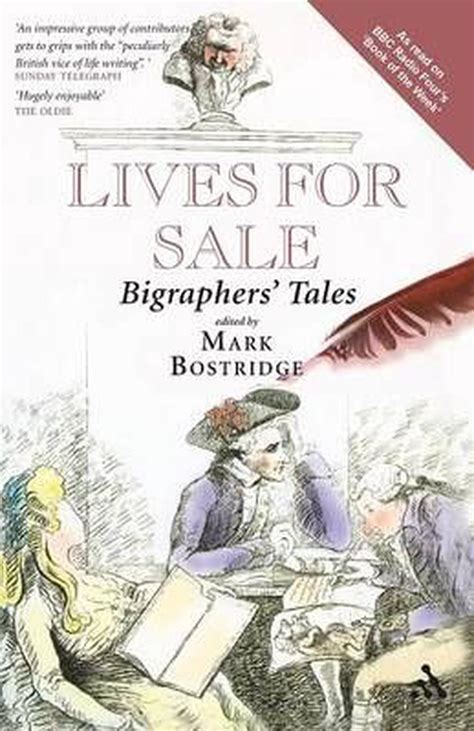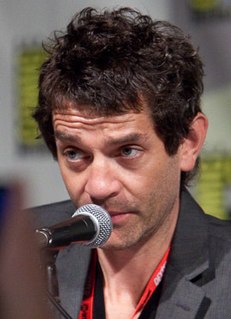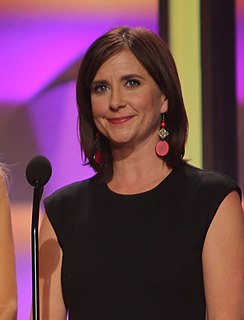A Quote by Claire Messud
Henry James and Edith Wharton are huge for me because they gave me a way to understand America while still respecting the European backgrounds of my relatives.
Quote Topics
Related Quotes
While reading writers of great formulatory power — Henry James, Santayana, Proust — I find I can scarcely get through a page without having to stop to record some lapidary sentence. Reading Henry James, for example, I have muttered to myself, "C’mon, Henry, turn down the brilliance a notch, so I can get some reading done." I may be one of a very small number of people who have developed writer’s cramp while reading.
This is a glorious biography ... The time is ripe for a new biography of Edith Wharton of this intimacy and on this scale ... Lee the biographer pursues her subject down every winding corridor, into every hidden passage and dark corner ... Her critical exploration of Edith Whartons work is dazzlingly assured ... A feat of exhaustive research, and finely tuned to Whartons creative achievement at the same time ... [Wharton] could scarcely have failed to be impressed by ... its artistic sympathy, its sonorous depths, and its soaring conception.
I think I'm too indoctrinated. I'm going to use everything I can, and I think if I used an advertisement in that one, it would be yet another way to connect the current day with Wharton. Wharton has been perceived sometimes as being too upper class; Wharton was an extraordinary social thinker. As relevant today as anyone, so she uses some language that isn't current, but to me, I'm so happy about that because I get so bored with the 100 words that people mostly use.
You can’t learn to write in college. It’s a very bad place for writers because the teachers always think they know more than you do—and they don’t. They have prejudices. They may like Henry James, but what if you don’t want to write like Henry James? They may like John Irving, for instance, who’s the bore of all time. A lot of the people whose work they’ve taught in the schools for the last thirty years, I can’t understand why people read them and why they are taught.
I'm still primarily interested in observing as closely as possible the shifting weather between people. I think the master of this sort of thing, and a writer who has meant a great deal to me, is Henry James: there's a magical way that he has of turning the slightest gesture into a whole world of drama and feeling.






































